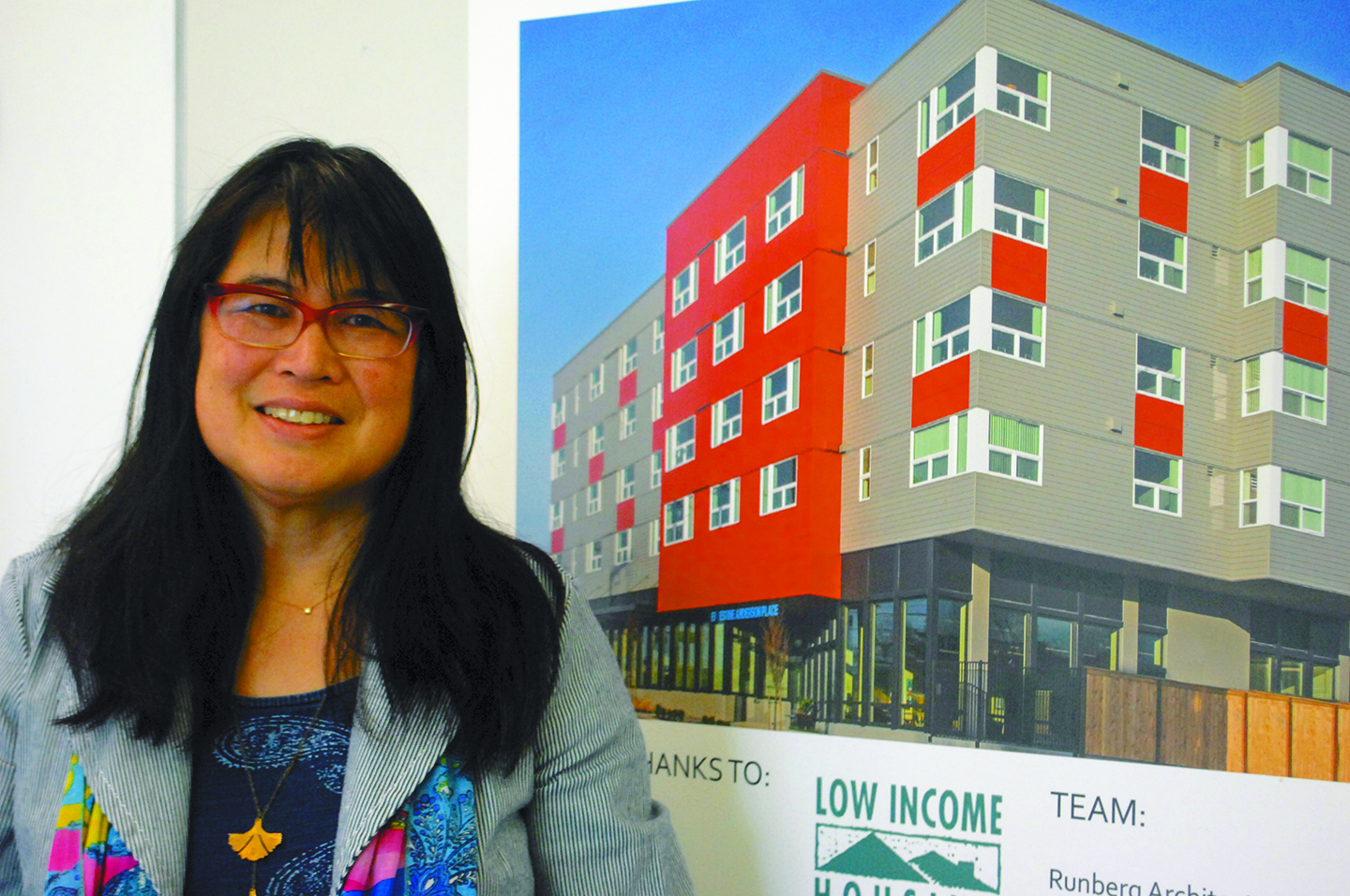And then there were eight—applicants, that is, to fill the empty seat on the Seattle City Council.
When Sally Clark quit Seattle’s legislative body earlier this month to work at the University of Washington, she hit the start button on a 20-day countdown. By the end of that window, the city charter requires the council to select Clark’s replacement—someone council president Tim Burgess, the self-described “traffic cop” of the replacement process, has said will be a “caregiver.” This replacement, according to Burgess, mustn’t run for election this fall, must be experienced in the machinery of city government, and must have social-justice bona fides.
In the end, there can be only one. But in the beginning, there were 44 applicants—then 43, after former councilmember Peter Steinbrueck stepped down over the weekend. That number got whittled down further during the council’s regular session on Monday, when Burgess announced the names of the eight applicants who had been mentioned as a top choice by at least three sitting councilmembers: Jan Drago, Noel Frame, Sharon Lee, Sharon Maeda, David H. Moseley, John Okamoto, Sheley Secrest, and Alec Stephens.
This lucky octet—call them the Municipal Eight—will deliver brief presentations and withstand questions from the council and comments from the public on Friday, April 24. The council will finally choose the one, true Clark replacement the following Monday. In the event of a tie, Seattle Weekly suggests oiled arm-wrestling matches.
Much of what’s at stake in the choice of an interim member is the balance of influence between the council’s conventional faction (Burgess, Rasmussen, and formerly Clark) and the activist wing (Licata, O’Brien, and Sawant). Sawant’s surprise win in the 2013 election over conventionalist Richard Conlin shattered the managerial consensus that had come to dominate the council, and the replacement for Clark’s seat offers the activist wing a chance to come within a single vote of a five-member majority, which could affect the way the council approaches affordable-housing legislation. The council is expected to do some heavy lifting on the issue of skyrocketing rents this year, so we can expect even a short-term “caretaker” to have a serious impact on issues related to the housing crisis, such as whether to institute linkage fees or, potentially, rent control.
With these specific issues at the forefront of the council’s agenda, the applicant who seems most prepared to dive in is Sharon Lee, executive director of the Low Income Housing Institute and a former city hall staffer. Lee’s application, posted online with those of the 43 other applicants last week, also stood out for its lack of bullshit. Not satisfied with only describing her extensive experience as a nonprofit developer, she went on to detail what specific kinds of legislation she would push for—such as a new housing levy in 2016 and a a rule that Clark was working on that would give the city and housing nonprofits a chance to bid on affordable housing sites that are put up for sale.
Part of Lee’s pitch is that, with a resume in low-income housing advocacy that stretches back to the Reagan era, she’s uniquely qualified to navigate the treacherous waters into which low-income renters have been plunged by our city’s titanic rent increases. And she says she’s ready to fight for lower-income tenants, not to mention the homeless. “The problem with some members of City Council . . . is they have a hard time making tough decisions,” she tells Seattle Weekly, adding that she won’t have this problem. “Why be a fence-sitter when you can make a difference in the lives of people who are homeless or who need affordable housing?”
Just in case readers weren’t clear on her hands-on-the-throat-of-the-problem approach, Lee’s application harangues former Human Services Department interim director John Okamoto (a fellow finalist) for what she describes as bureaucratic apathy toward the plight of an ill child this past winter. “Shockingly, Mr. Okamoto refused to release $100 of tax payer revenue” for a “four year old girl [who] was sick and should not sleep outdoors or in a congregate shelter,” she writes. “Recently,” she adds, “I learned that HSD had $40,000 in excess, unspent shelter capacity funds at the end of 2014 that it decided not to use!”
During the meeting in which Lee learned that she was a finalist, two separate groups of protesters interrupted the proceedings (or as I like to put it, they voted Seattle-style). One was an orange-shirted army predominantly of middle-aged white ladies, who shouted down both the mayor and the council president after the council declined to vote on emergency legislation that would send two Seattle elephants to a sanctuary instead of a zoo. Nonviolent but apoplectic, they were gently shoved out by City Hall security. More successful was a group of pissed tenants who, lined up behind the public-comment podium in a solid wall of indignant flesh, claimed that they’d been evicted from the Citadel building by MLK Jr. Way and South Othello Street with only 20 days’ notice. Burgess, after hearing their pleas, promised that the council would look into it.
As she strolled out of chambers after the meeting, Lee grinned impishly and tacked her message onto that of the protesting tenants. “I was so impressed by the Citadel people who showed up around the displacement,” she said, to resist what she terms “economic eviction.”
“You just raise the rent high enough and people just have to leave.”
cjaywork@seattleweekly.com








